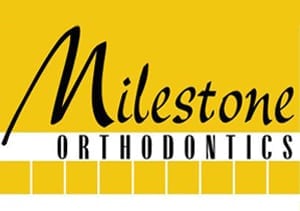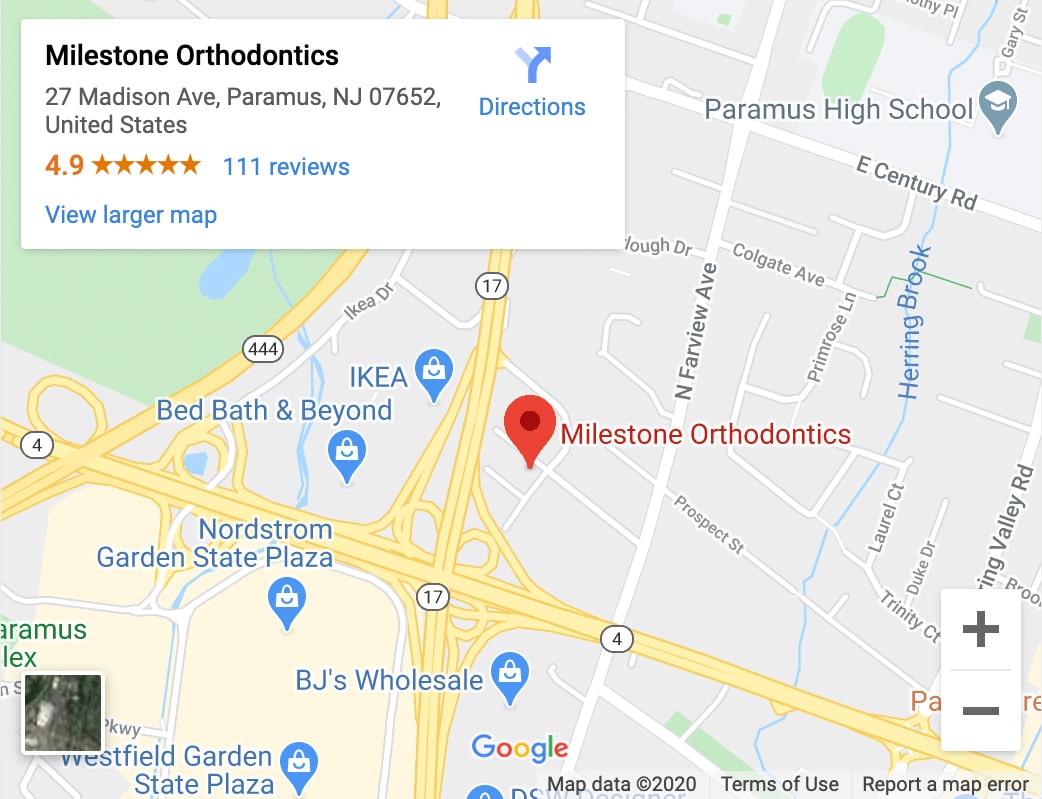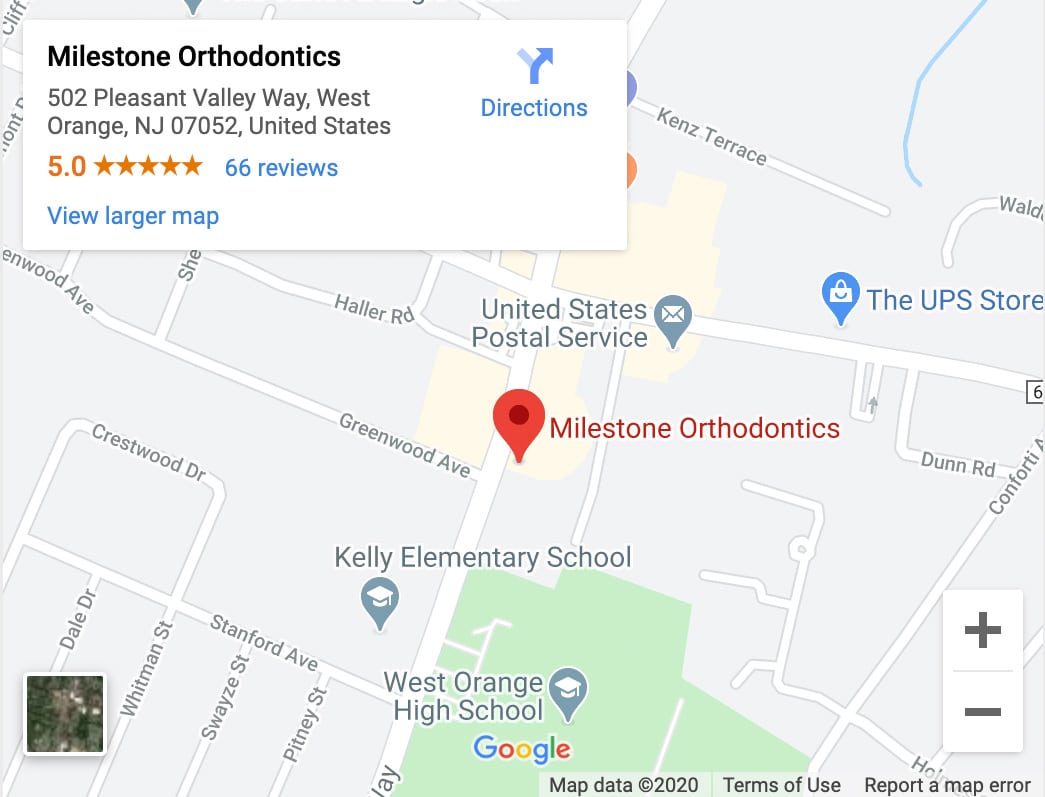An orthodontist is a dentist who has undergone special training to treat facial and dental anomalies like malocclusions (an abnormality in the alignment of the upper and/or lower teeth), similar to medical doctors that choose to specialize in fields like neurology and endocrinology. Something that many people don’t know is that all orthodontists are dentists, but not all dentists are orthodontists. Orthodontists are qualified dentists who undergo extra years of university-based study and then gain extensive experience in an orthodontics residency program.
What kind of problems do orthodontists treat?
Orthodontists help to correct patients’ dental malocclusions, including underbites and overbites, crossbites, spaces between teeth, overcrowded teeth, and the treatment of temporomandibular joint (TMJ) disorders. Other problems with the function of the jaw should also be treated by an orthodontist.
Treatment plans
The Milestone Orthodontics team employs many approaches in the treatment of dental malocclusions; the most popular being braces. The four most common types of braces used are:
1. traditional metal braces
2. ceramic braces
3. lingual braces
4. clear plastic aligners
1. Traditional metal braces are the most common form of treatment by orthodontists. These braces are comprised of metal brackets that are affixed to the front of the teeth. They are then banded together with a thermosensitive wire which slowly pulls them into their intended position over a prescribed period of time.
2. Ceramic braces are just like metal braces, but are clear or tooth-colored so that they appear to blend in with the patient’s teeth.
3. Lingual braces are metal braces that are adhered to the back of the teeth. This makes them completely hidden from view, but they are much more expensive (due to the difficult adhesion procedure).
4. Clear aligners like the Invisalign system use sets of completely clear plastic trays, which a patient can remove to eat, brush, and floss. They are almost invisible, and they are a popular treatment method for image-conscious teens and adults.
I am being treated by an orthodontist. Why do I need to visit a dentist, too?
Visiting your orthodontist is NOT a substitute for regular dental checkups. You should visit your dentist at regular intervals during the time that you are receiving treatment by an orthodontist in Essex County, NJ. It’s important to keep good dental hygiene a part of your daily routine. It will keep your teeth healthy and clean and will reduce your overall treatment time.
It’s important to Milestone Orthodontics good oral health care habits like conscientious brushing and flossing. If you have non-removable braces, food and plaque can become stuck between your gums and teeth, under the wires connecting your braces, and between the brackets on your teeth. An important tip of Dr. Matthew Milestone is this: to lessen the risk of cavities, reduce the consumption of foods that will cause damage to your teeth (like candy or soda).
The team at Milestone Orthodontics are here to help you get the brightest, straightest, and healthiest teeth and mouth. For more information or to schedule a consultation, call them at: (973) 325-1777











